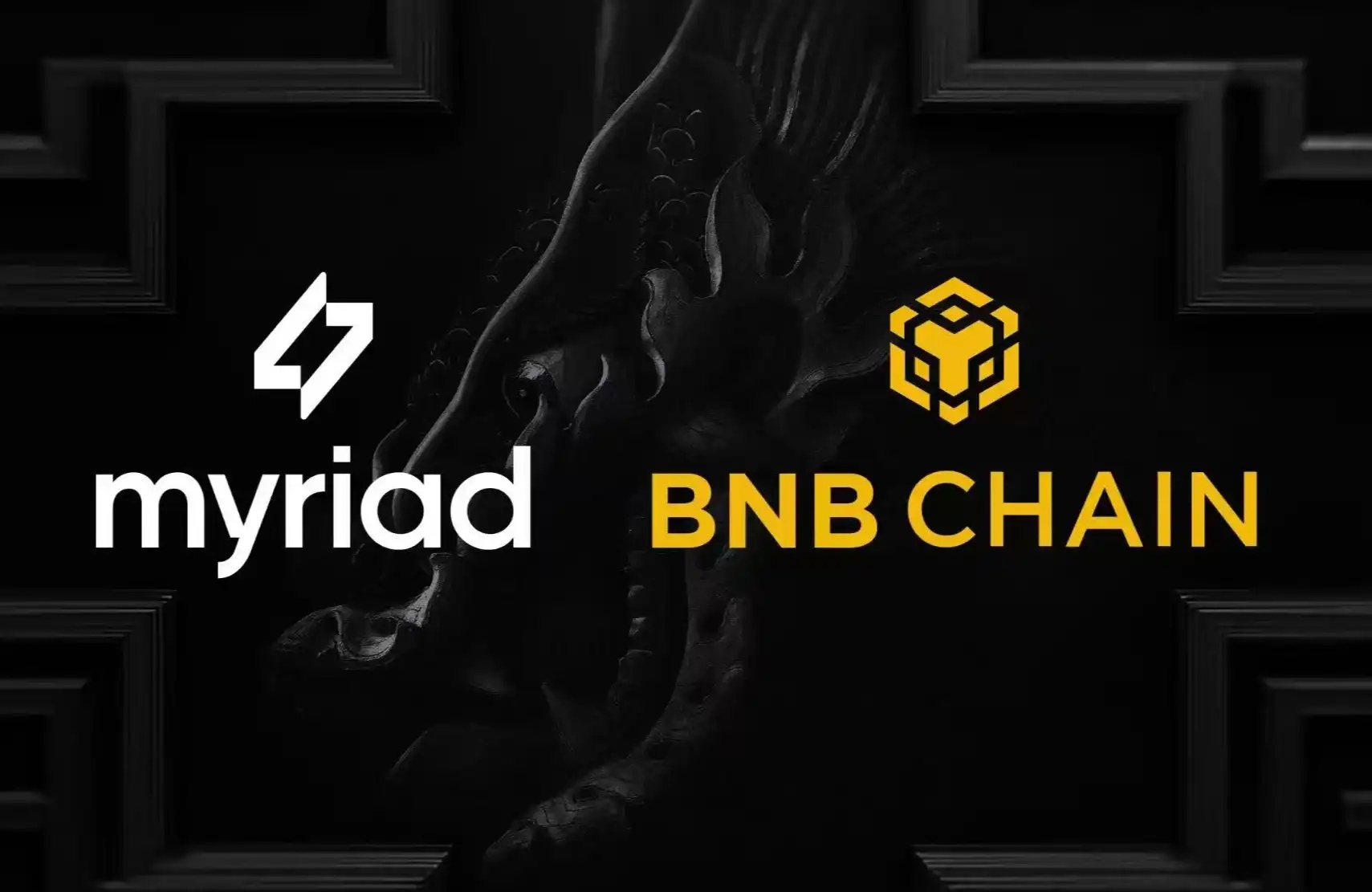Let's talk about the 'IP narrative' of PFP NFT: Tired of listening, many failures = no value, wrong path?
Original author: sleepy
I am a practitioner in the encryption industry. Please translate the following Chinese text into English without considering the context or industry-specific terms and names. Do not omit any English words or phrases, such as ZKS, STARK, and SCROLL. If there are English characters in an "a" tag, do not translate them and return them directly. When the content only contains punctuation marks, return them as they are. Do not translate HTML tags in the content, such as
, , , and. If there are English characters in the HTML tags, omit the translation and return them directly. Please preserve the content in the "a" tags and do not translate them. Translate all Chinese characters. The text to be translated is:
写在前面
During dinner, I drank a cup of "Bawangcha Ji" and ended up suffering from insomnia. Lying in bed, I kept thinking about the discussion on turning the PFP project into an IP at the gathering at Xiaoyouling's house with family and friends, as well as my experiences and growth since starting my business. Therefore, I decided to write this article.
It should be emphasized that this article is full of strong personal opinions, but it does not represent me to endorse any project other than WeirdoGhostGang. Some of the views in the article may even contradict your own or the market sentiment, and everyone is welcome to think independently and communicate rationally.
Excessive pursuit of "narrative" is destroying this industry
A few days ago, while scrolling through Twitter, I came across a tweet that said: "I'm tired of the narrative surrounding PFP projects." I can't remember who posted it though.
After reading this, my heart is filled with mixed emotions. From the perspective of retail investors, "doing IP" is not attractive enough, especially in an industry that is full of various "narratives" and Web3 is a hotbed of "narratives". With a grand narrative, it means that the project's market value can be greatly increased, which can then evolve into various positive news, and ultimately reflected in the coin price. From a certain perspective, retail investors are not looking forward to industry development, but rather to making money by expecting new narratives.
This is not scary. I also support evaluating projects from this perspective, which I think can even be considered a form of supervision. What is scary is that project parties, in order to raise their valuations and ride on market trends, stack up their projects with hype and promises that ultimately cannot be delivered. The end result is either a rug pull or a failure, which would be a disaster for the industry. Even if there are ten thousand "new narratives" told, if none of them can be realized, what is the point? The worst thing for an emerging industry is to not develop.
Without discussing macro issues, excessive emphasis on storytelling can also have a huge negative impact on companies. In order to sustain itself, a company needs revenue. Excessive emphasis on storytelling often leads to neglect of revenue, and in order to pursue "grand ideals," companies continue to burn money and invest, raising round after round of funding. However, without a healthy business model, there will inevitably come a time when funding cannot be obtained. If the company relies on selling coins through the secondary market for revenue, the problem is that the appearance of the K-line chart largely determines whether the project is still alive in the eyes of the public.
I believe that the excessive pursuit of "narrative" is destroying this industry. Therefore, I appreciate projects that focus on practicality rather than hyping up narratives and expectations. These projects are BUIDLing instead of puffing. Of course, you can search for projects that maximize your profits, but please do not ignore or even belittle these true builders. I also hope that project parties can be more down-to-earth. The development of the industry will bring about a rising tide, and you will also be able to exit gracefully in the future.
Why do so many projects that want to "do IP" fail?
Next, let's talk about the topic of "doing IP". Due to the fact that there are too many projects that claim to be doing IP but end up failing, many people now understand it as "the project party has no future plans".
I can understand, but in this article, I still want to analyze this issue rationally. Not only do I not think that doing IP is wrong, but I also firmly believe that the biggest value of the PFP project is IP. And in my opinion, doing IP is not a wrong choice, because this path has been verified, which is a huge advantage compared to the "narrative" of the ten thousand imaginary stages.
I believe that the reason for the failure of those projects is not because of the narrative of "doing IP", but rather the inaction or lack of ability of the project team. Besides creating avatars, what other content have they created for the IP? Have they put effort into marketing and promotion? Have they learned and understood the methodology of doing IP... Doing IP is not just about talking, without investment and effort, why should there be any return?
What does Web3 mean for IP?
In Web2, there is no need to develop Web3 if you can earn billions of dollars with T0-level IP. However, the monopoly of Web2 makes it increasingly difficult for new IP to find a foothold, which is why Web3 is needed.
Web3 plays a catalytic role, enabling earlier fundraising and faster cold starts, giving new IPs the opportunity to obtain funding and momentum in the early stages and start scaling up earlier. Web3 provides a leverage for new IPs, although it cannot directly jump to the T1 echelon, it can quickly jump from T5 to T3 or even T2. However, to truly become a world-class IP, more effort and time still need to be invested, which cannot be avoided. But the process from T5 to T2 or T3 is a gap that many new IPs cannot cross in their lifetime in Web2.
Another lever is the pull-up. Anyone who starts a business in the Web3 industry should not ignore or avoid the currency price, which I think does not need to be elaborated too much. How to use this lever and when to use it is very particular, otherwise it is easy to become a Bodhisattva who gives money away. According to Pang Yangqing, the pull-up is not the goal but the means, and it must be a means to achieve the goal of expanding attention, rather than just raising the price to break through a certain point. No project can always pull up. In addition, the premise of using this lever is to lay a good foundation. Blindly pulling up will only turn the project into a meme. Only by BUIDLing first can we harvest true believers and long-term development.
Original Link
Welcome to join the official BlockBeats community:
Telegram Subscription Group: https://t.me/theblockbeats
Telegram Discussion Group: https://t.me/BlockBeats_App
Official Twitter Account: https://twitter.com/BlockBeatsAsia


 Forum
Forum Finance
Finance
 Specials
Specials
 On-chain Eco
On-chain Eco
 Entry
Entry
 Podcasts
Podcasts
 Activities
Activities
 OPRR
OPRR









